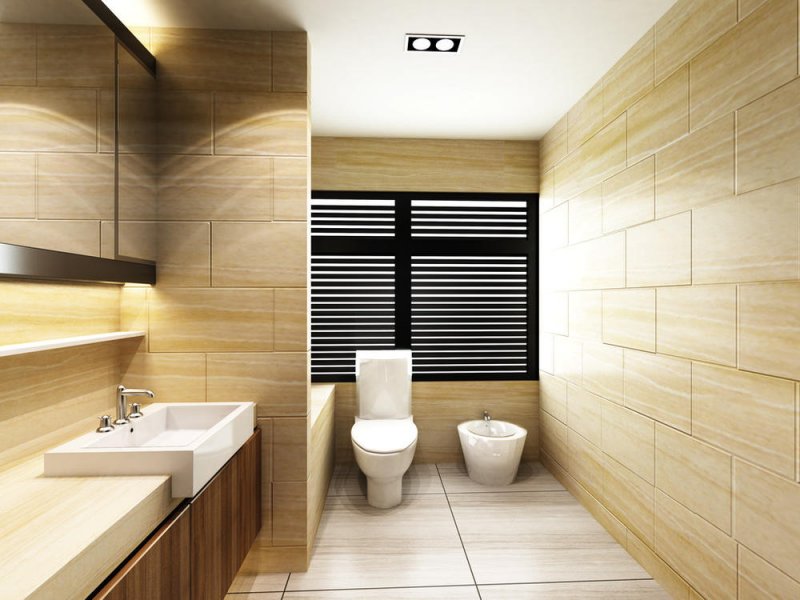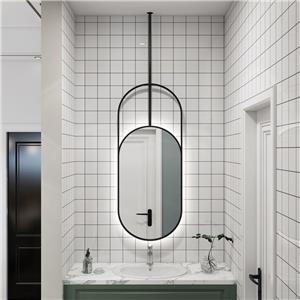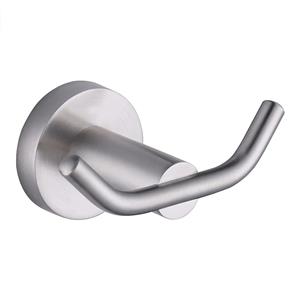Environmentally friendly products have become the new focus?
The UK KBB Review recently released the results of the UK kitchen and bathroom market survey. The main content is now translated as follows for industry reference.
With rising inflation and soaring energy costs, consumers are facing a severe squeeze on household budgets. How will the KBB (kitchen, bathroom, bedroom) market weather the ups and downs of this coming storm?
The KBB industry has endured the most unusual two and a half years, and for now, things have not returned to "normal". Of course, the KBB industry has fared better than many, and the pandemic has forced many "non-essential" retailers to close their businesses. Although the KBB industry experienced a cliff-like decline in sales at first, the pent-up demand quickly rebounded. Consumers have accumulated a lot of savings in the long-term home office, no dining out and no vacation, bringing a lot of money to KBB retailers. Order.

UK kitchen furniture sales fell from £4.35bn in 2019 to £4.2bn in 2020 before recovering strongly to reach £4.8bn in 2021, with sales expected to exceed £5bn in 2022, the researchers said. UK bathroom product sales hit a record £1.2bn in 2021, up more than 20% from £980m in 2020 and even up from £1.13bn in 2019, according to the British Bathroom Manufacturers Association (BMA) nearly 10%.
Just when the industry believed that the epidemic had subsided and the economy was gradually on the right track, the black swan event came again, European fuel and energy prices soared, consumers' living costs were squeezed, and manufacturers were hit by rising raw material costs and supply chain problems. These problems will persist for some time.
Inflation in the UK hit a 40-year high of 9%. The Office for Budget Responsibility (OBR) forecasts that figure will drop to 2% by 2026. Economists estimate that the pandemic has caused the economy to shrink by 3%, while the OBR said the disruption to the labor market has hit the KBB installation industry, and post-Brexit trade barriers will shrink the economy by 4%-6% over the long term.
On the other hand, the British Chambers of Commerce cut its 2022 consumer spending growth forecast to 4.4% from 6.9%, citing a squeeze on household incomes.
Data firm GfK announced in April that the consumer confidence index had been in "free fall" from -26 in February to -38, the lowest level since the 2008 financial crisis and even worse than the April 2020 response to the pandemic. To be bad. The consumer staples purchase intention index also fell to -32, 20 points lower than the same period in 2021.
While supply chain disruptions, especially for kitchen appliances, have kept KBB retail in short supply, many manufacturers said they had record sales in 2021.
Hansgrohe said 2021 was "the most successful financial year in the company's entire 120-year history", with sales rising 27% to €1.36bn (£1.14bn) from €1.07bn last year.
Miele Group posted its best year for sales in its 123-year history. In 2021, global sales reached 4.84 billion euros (4.08 billion pounds), an increase of 7.5% over the previous year.
Electrolux also had record sales in 2021, with turnover up 14.3% to SEK 126 billion (£10.8 billion) and operating income up 18% to SEK 6.8 billion, while Whirlpool set a record for the fourth consecutive year , sales rose 13% to $21.99 billion (£16.4 billion).
Duravit also reported record sales, with revenue topping 600 million euros for the first time. In fiscal 2021, the bathroom products supplier's sales surged 28 percent to 604 million euros.
After a surging 2021, 2022 could be another challenging year as consumers face continued cost increases on all fronts.
On the positive side, the housing market is continuing to grow, with house prices up 11% in 2021, according to Halifax, part of the Bank of Scotland. Private residential construction projects have boomed post-lockdown, growing 19% in 2021. But compared with previous forecasts by consultancy Glenigan of 6% and 5% for 2022, 2023 and 5% in 2022, the latest figures from the British Construction Products Association show growth of just 1% in 2022 and 2023. With 56% of homeowners continuing to have housing improvements on the agenda in the 2021 Howz survey, KBB's sales outlook may not be too bleak. Most industry experts and KBBreview100 retailers believe that while the home improvement boom isn't going away anytime soon, it won't keep growing at 2020/2021 levels either.
Some business leaders expressed caution about the market outlook for 2022. Home improvement crazes like those of 2020 and 2021 may not be repeated as people begin to prioritize vacations over home improvement. The International Monetary Fund (IMF) said Britain will be the slowest growing country in the G7 next year. The international situation has an uncontrollable impact on the supply of raw materials for wood products, ceramic tiles and sanitary ware products.
A new report from KPMG also shows that nearly a third of consumers surveyed in April have spent less on the things they want. On a positive note, however, two-thirds of consumers with savings are still planning to spend, with housing improvements high on their wish list. Some KBB practitioners are also optimistic, as the property market has been hot in the past two years and this trend will continue. And, as more people feel confident returning to the brick-and-mortar retail environment.
Will consumer spending crunch affect demand in the independent KBB industry? KBBReview100 retailers are divided, but manufacturers agree that the mid- to high-end segment will be hit less than the lowest-budget segment.
So, which trends will drive sales over the next 18 months?
Environmental protection is a future trend recognized by many KBB companies. Consumers are more cautious about buying goods, hoping to find affordable, effective, and environmentally friendly products. Research into the premium market also supports this view, with Vogue UK sales director Steve Birch saying: "Luxury and sustainable products will dominate interior design in the coming year, as experts seek to innovate with environmentally friendly products." Long-lasting products will be favored by consumers.




